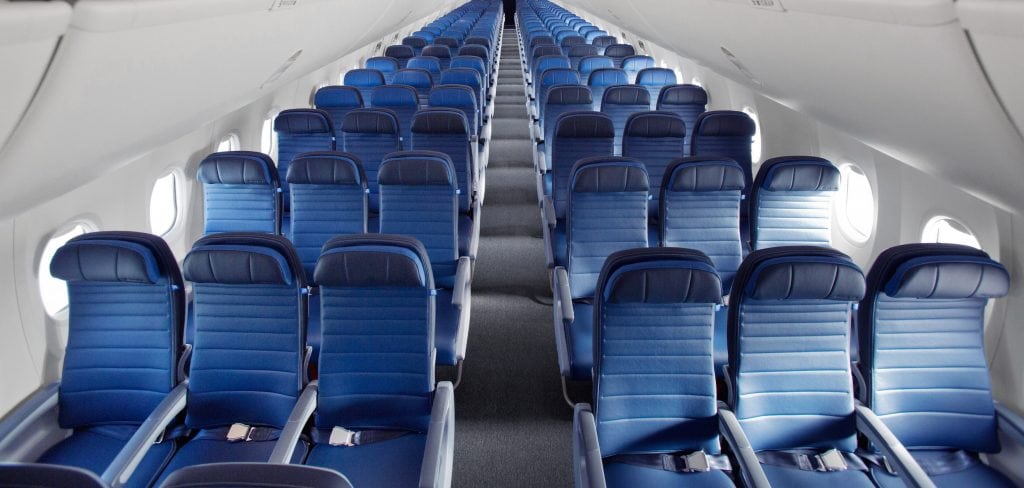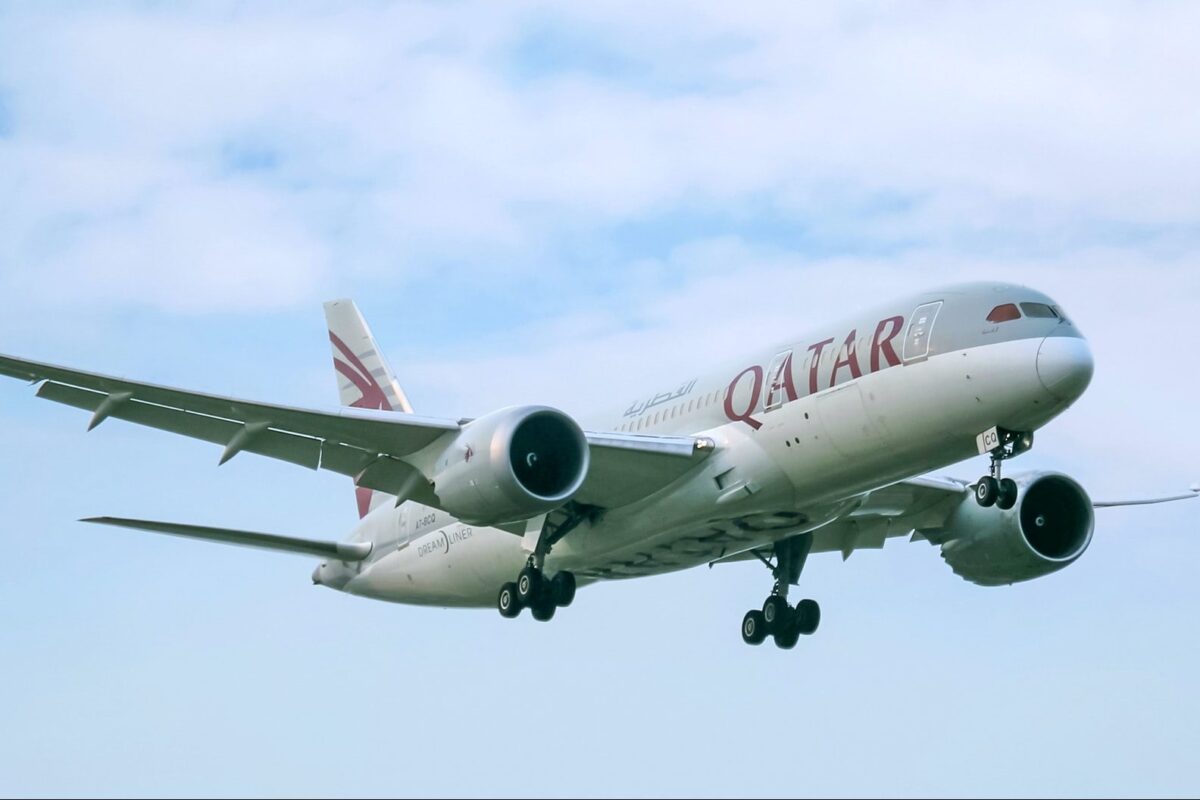United's New No-Frills Fare and 6 Other Aviation Trends This Week

Skift Take
Every week we post hundreds of stories across various sectors in travel, connecting the dots across various global trends, and in these weekend posts we highlight the stories that tackle these trends. This one looks at top aviation trends.
For all of our trends roundups, go here.
>>This move may foreshadow a dark future for its loyalty program: Alaska Airlines Changes Its Upgrade Policy as It Inches Towards a Revenue-Based Loyalty Program
>>As American plans to operate its first full year of a revenue-based loyalty program, it's slowly releasing details on how it works: American Air’s 2017 Loyalty Program Takes Shape — Skift Business Traveler
>>During Jeff Smisek's reign, industry insiders used to poke fun at United for copying Delta on key decisions. But with its new Basic Economy product, United is thinking outside the box: United’s New No-Frills Fare Won’t Even Include Free Carry-ons
>>A plan to reform the TSA is all well and good, but executing it will require continuity in TSA leadership and a concerted effort from Congress: U.S. Travel and Members of Congress Have a Plan to Modernize the TSA
>>Watch this video to learn about how various airlines created iconic designs in the 1950s, 60s, and 70s: Video: The Essence of Iconic Airline Advertising Campaigns
>>Jeff Smisek has been gone from United for a long time, but the airline is finally starting to change its strategy in meaningful ways: Here’s How United CEO Oscar Munoz is Beginning to Remake the Airline
>>Catch this episode for insight into the changing world of air travel, from the proliferation of choices and fees to the devaluation of miles: Skift Backstage Podcast: What’s Next for Choice and Loyalty in Air Travel




